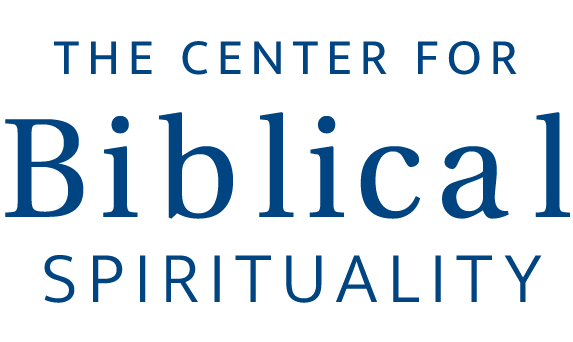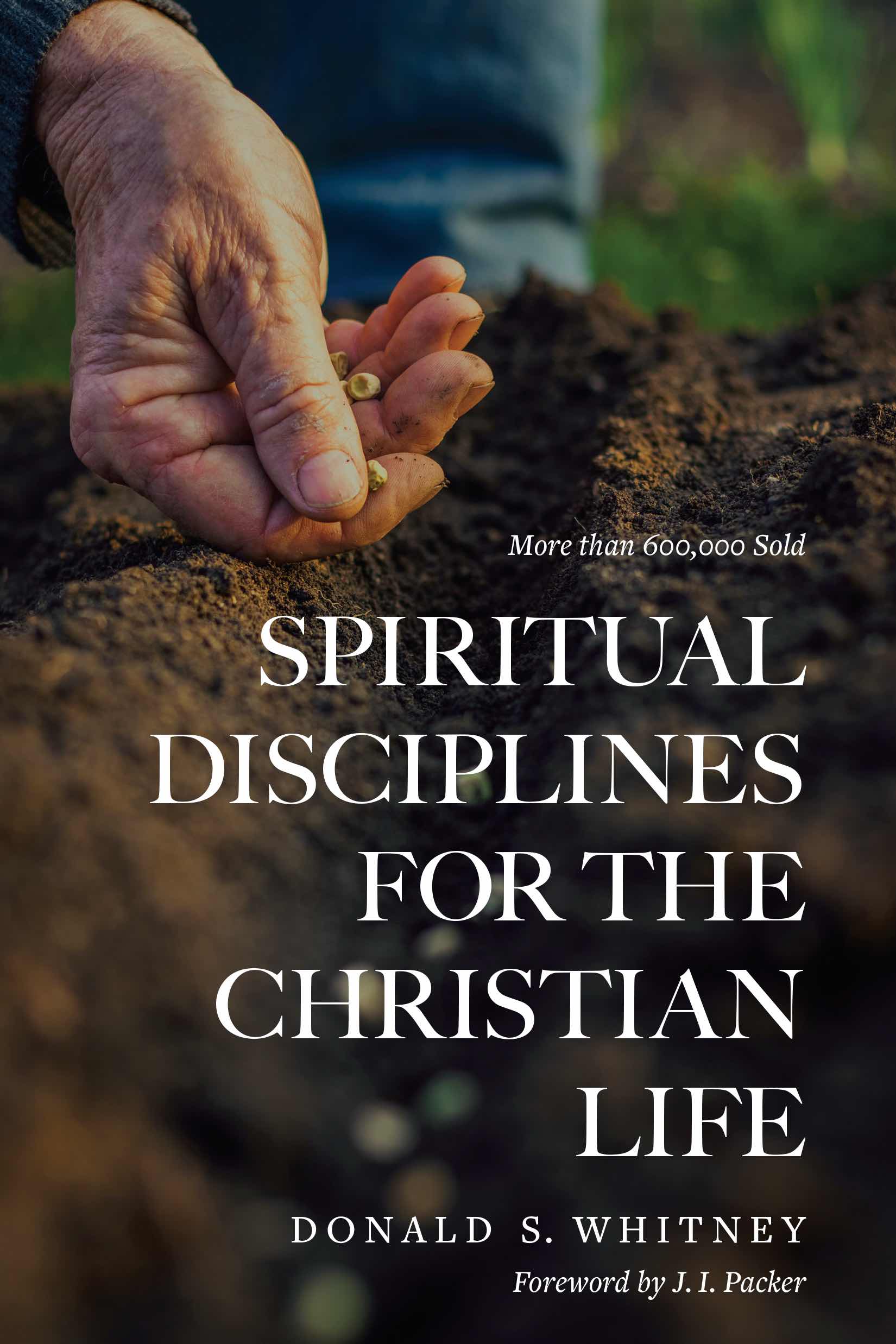Ten Questions for David Mathis about “Habits of Grace,” Part 1
I want to recommend a new book on the spiritual disciplines by David Mathis. David (@davidcmathis) is executive  editor for desiringGod.org, pastor at Cities Church in Minneapolis/Saint Paul, and adjunct professor for Bethlehem College & Seminary.
editor for desiringGod.org, pastor at Cities Church in Minneapolis/Saint Paul, and adjunct professor for Bethlehem College & Seminary.
His new book is Habits of Grace: Enjoying Jesus through the Spiritual Disciplines.
Center for Biblical Spirituality (CFBS): In a sentence, what is the message of Habits of Grace?
David Mathis: God gives us his ongoing grace for the Christian life through his appointed means, accessed through our regular, realistic, and personalized habits.
CFBS: How did Habits of Grace come about?
David Mathis: I have a shorter version of the story and a longer one. The shorter story is in recent years I taught spiritual disciplines to college juniors for Bethlehem College & Seminary. Over time I wrote up, in article form at desiringGod.org, some of the insights and approaches I was finding most helpful in the classroom. Crossway took interest in the project and gave me space to pull the articles together and grow them into a relatively short book (just about half the length of most texts on the disciplines).
The longer story — and I’ll just give the outline here — goes back to my parents and home church in Spartanburg, South Carolina, faithfully teaching me the value of God’s word, prayer, and Christian fellowship and some of the practical habits of daily life, health, and growth. In my college years, the ministry of Campus Outreach drove it all home as I was becoming an adult and embracing the faith at a new depth. Campus Outreach also gave me the opportunity to own these things even more through teaching them to others — both as a student and then during subsequent years on staff in Minnesota.
CFBS: What are the habits of grace and why are they important?
David Mathis: “Habits of grace” is my term for the countless practical rhythms of life we can develop in our lives for accessing the timeless “means of grace” God has given for our ongoing life, health, and joy in the Christian life. God’s means of grace (which John Frame helpfully summarizes as threefold — God’s word, prayer, and fellowship) are unchanging, while our particular habits for accessing his means will vary based on personality bent and season of life and simply tweaking our practices to keep them fresh.
CFBS: Why do you call these practices “habits of grace”?
David Mathis: Of course, the most common term is “spiritual disciplines.” I’m okay with the term, though it’s not my preference. I do include the term in the subtitle (“enjoying Jesus through the spiritual disciplines”) to help readers identify the genre of the book. By using the terms “means of grace” and “habits of grace,” I’m trying to keep principle and practice distinct (which can easily get blurred in the more general terms “spiritual disciplines”).
The biblical principles for accessing God’s ongoing grace — God’s “means of grace” — can be simplified to three: hearing his voice (in his word), having his ear (in prayer), and belonging to his body (in the covenant community of the local church). The practices, then — our “habits of grace” — are the personal rhythms and patterns of life we develop in light of God’s means of grace to position ourselves to keep on receiving his help. We build habits of life in light of God’s (three) revealed channels of blessing.
CFBS: Is this book about personal habits of grace, interpersonal habits of grace, or both? Why so?
David Mathis: The book is about both, and this is one of the most significant contributions I hope to make in constructing the book this way. Often the emphasis falls heavily on the personal aspect of spiritual discipline, such that it can take on an unintentionally individualistic feel. In some sense, that’s unavoidable — you can only address your reader, not his community! But in structuring the book this way, in three parts, and making one of those three parts to be exclusively about interpersonal disciplines, I hope to ring the bell, loud and clear, that fellow believers are essential means of God’s grace in our lives — and it is vital to cultivate habits of life that weave others’ lives into ours.
Part Two of this interview can be found here. Thanks for reading!





Leave a Reply
Want to join the discussion?Feel free to contribute!